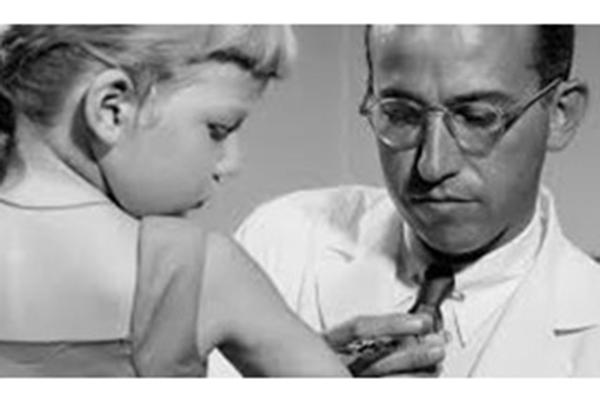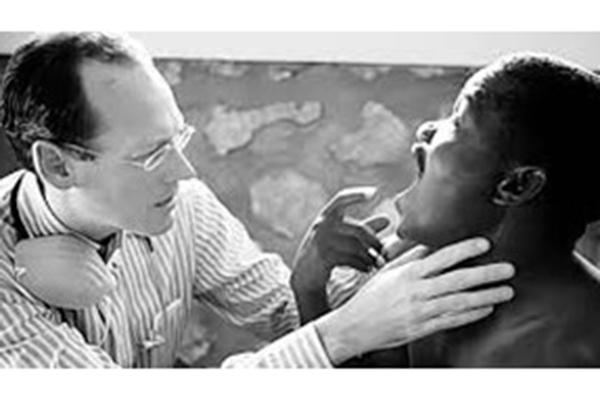

Exhibiting the best of who we can be
I hope you enjoyed the President’s Day weekend. It’s been a newsworthy several days. I struggled today to find a topic to open this Board meeting and channel Mark Twain by apologizing for the long report as I didn’t have time to write a short one.
We begin by joining with the state of Georgia’s recognition of today as Ahmaud Arbery Day on the anniversary of his senseless death. Just yesterday, his three murderers were convicted of hate crimes notable for the extreme animosity exhibited towards people of another race.
If this appears to be an isolated incidence of racism, last weekend commemorated the solemn 80th anniversary of one of the darkest chapters of American history, the highly popular (at-the-time) forced internment of 120,000 Japanese Americans into concentration camps, most of whom were American citizens.
Tragedies such as these can reveal the undercurrents of who we are. How we deal with them, learn from them and the actions we take to change as a result, reveals what we strive to become, and ultimately, who we can be.
On a separate note, a landmark UN report released today rings alarm bells regarding a global wildfire crisis. We in California are keenly aware of this crisis but can not simply take in stride that the scientists warn of extreme, catastrophic fires increasing up to a third by 2050 and up 57% by the end of the century.
This follows a report published last week that the past 20 years in the Southwest have been the driest two decades in at least 1,200 years. Not because the early 800’s AD were drier, but because that’s the extent of our tree ring data. The following day, scientists at NOAA reported that we expect to experience sea level rise of at least a foot by 2050 with a 10-fold increase in flooding events. All three reports cited climate change due to greenhouse gas emissions, with the sea level study stating that cutting emissions could decrease sea level rise from as much as 7 feet to 2 feet by the end of the century. IBank’s green financing activities are more urgent than ever.
As we speak, Russian troops are rolling into Ukraine territories following President Putin’s recognition of two separatist controlled republics as independent. President Biden yesterday labeled the activity an invasion and began imposing incremental sanctions on Russia and the separatist republics.
Russia is a beautiful country with a proud heritage and culture. But with an economy less than half the size of California, Russia is also a fossil fuel nation with an economy largely based on exports of oil, coal and natural gas. Putin’s path has been to take increasingly hostile actions in efforts to exert Russia’s might and reestablish a distant world order despite its diminishing economic relevance. However, Russia’s combination of the world’s largest energy reserves and world’s largest nuclear arsenal make for a dangerous combination that can not be ignored.
This week’s incursion marks perhaps the most dangerous chapter for Europe and for global order in decades. As we all watch closely, the bond markets are on edge and oil prices are approaching $100 per barrel, a level not seen since 2014, during the time of the Russian invasion of Crimea.
Finally, I’d like to mention two notable events in the world of public health. On this day in 1954, the first mass vaccination for polio began with a classroom of children in Pittsburgh. Before it was licensed, before the completion of large-scale tests and despite fears such as from its use of monkey tissue and manufacturing risks that caused some deaths, the horrors of polio were so severe that the vaccine was nearly universally embraced by Americans. As a result, within a few years, the scourge of polio outbreaks was largely eradicated in the US, one of the great triumphs in public health. Furthermore, the developer of the vaccine, Jonas Salk, chose not to patent the vaccine or seek any profit in order to maximize its global access.
Yesterday, we lost another luminary of public health, Dr. Paul Farmer. Dr. Farmer pioneered community-based treatment techniques to provide free health care to the world’s poorest, beginning from a one-room clinic in Cange, Haiti. His quest to cure the world and the lengths he would go to save a single patient were legendary and chronicled in Mountains Beyond Mountains. That book changed the course of my life. When I read it, I offered to drop everything and go work for free for his co-founder of Partners In Health, Jim Kim, as Dr. Kim was assuming the role of head of the World Bank. Instead, I joined the White House and was detailed to advise USAID where Dr. Farmer was being considered to take leadership. My visits with Dr. Farmer and to his clinic in Haiti remain highlights in my career.
Let us honor Jonas Salk and Paul Farmer, two great humanitarians who have changed the world and exhibit the best of who we can be.









































